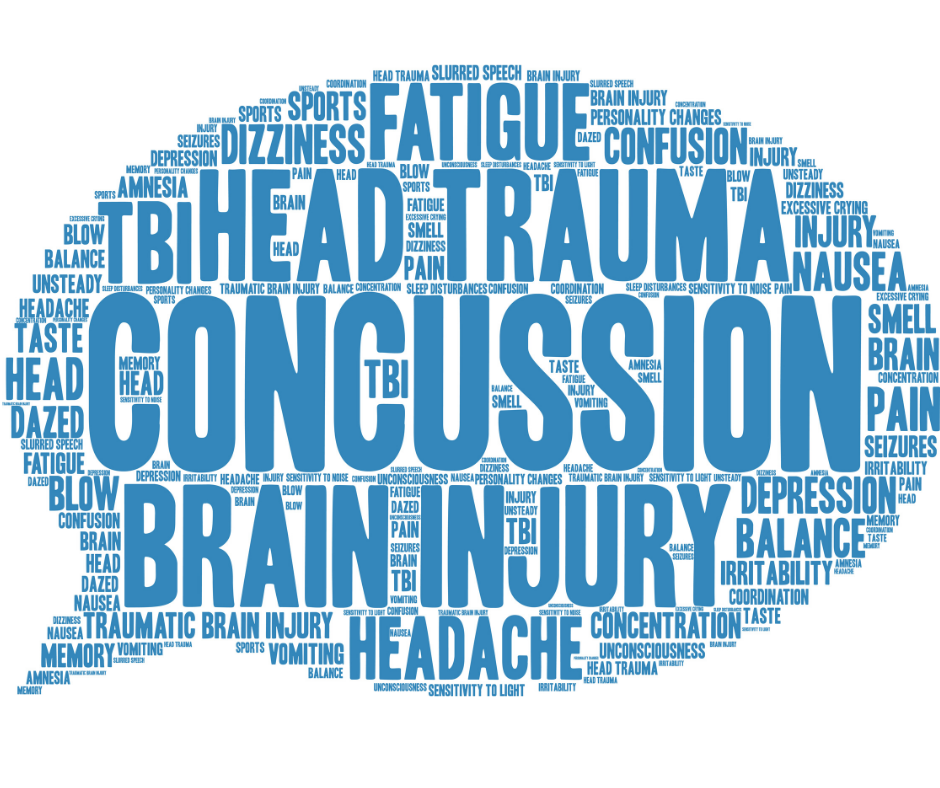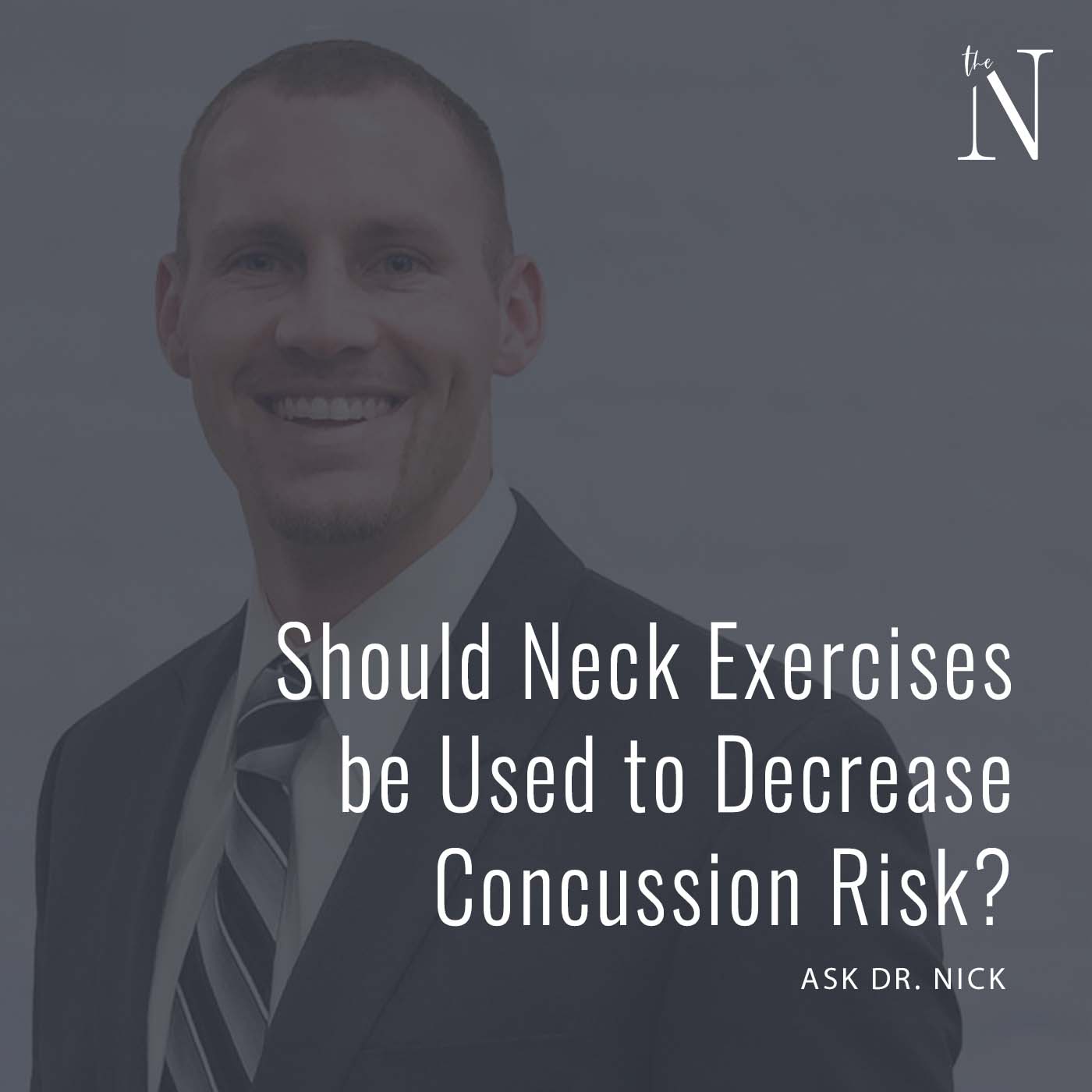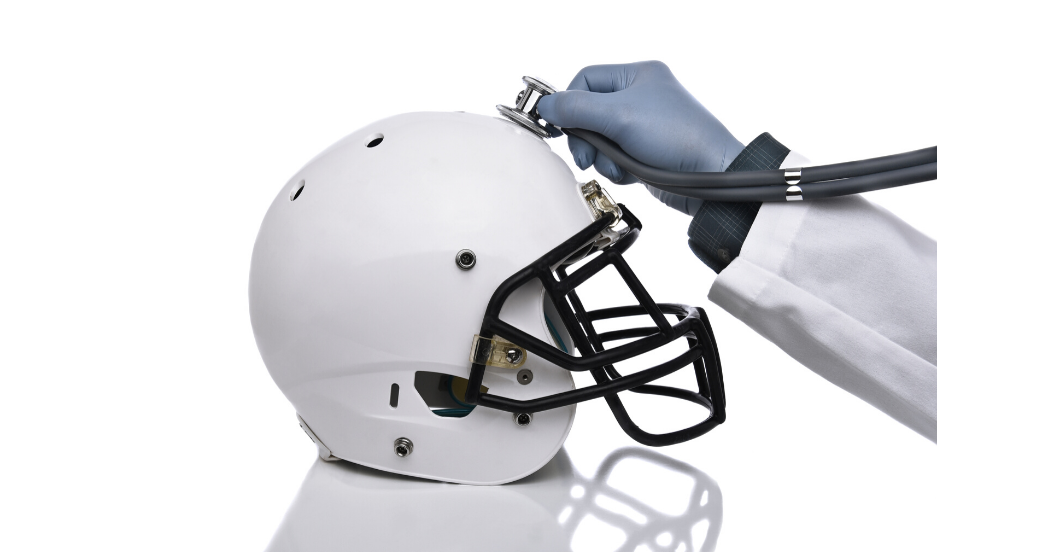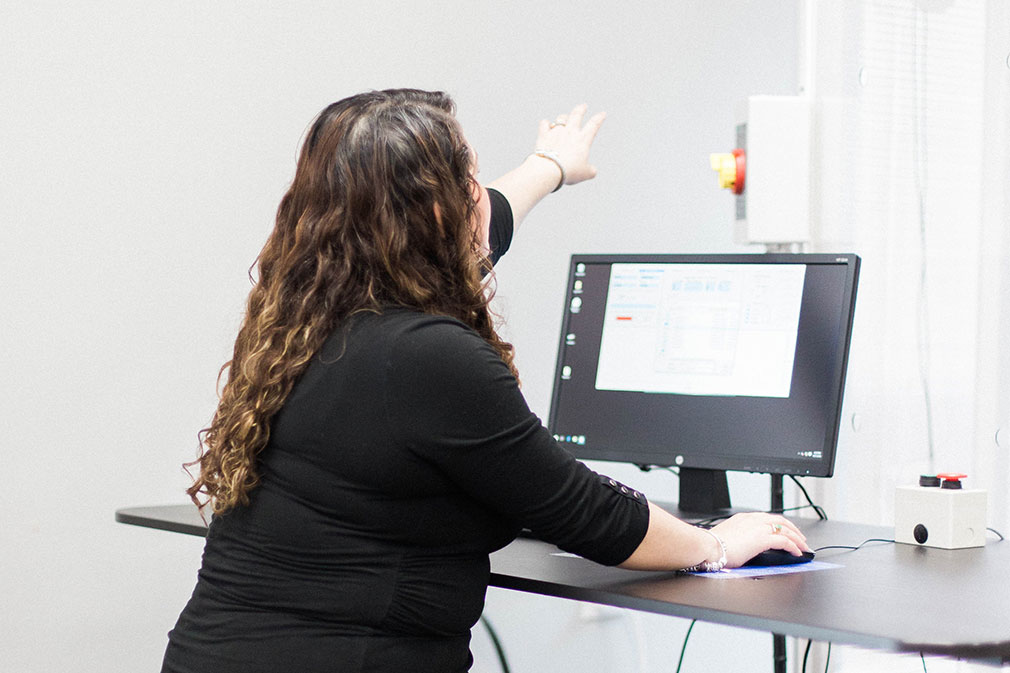 Chronic fatigue is one of the most reported and long-lasting post-concussion symptoms. Enhanced sensitivity to effort and limited endurance for sustained physical and mental activities are the main characteristics of “brain fatigue”. The concept of fatigue appears deceptively simple, but researchers and clinicians do not yet have a commonly accepted objective measure for it. Like pain, fatigue is a private and subjective experience, which is largely measured through self-report. Cognitive fatigability has recently been proposed as a possible objective assessment of fatigue and can be assessed as changes and a decline in the performance of a demanding task over a period of time.
Chronic fatigue is one of the most reported and long-lasting post-concussion symptoms. Enhanced sensitivity to effort and limited endurance for sustained physical and mental activities are the main characteristics of “brain fatigue”. The concept of fatigue appears deceptively simple, but researchers and clinicians do not yet have a commonly accepted objective measure for it. Like pain, fatigue is a private and subjective experience, which is largely measured through self-report. Cognitive fatigability has recently been proposed as a possible objective assessment of fatigue and can be assessed as changes and a decline in the performance of a demanding task over a period of time.
In the past, it has been very difficult to determine why “brain fatigue” occurs. Many people have had theories; however, the technology has not been effective enough to objectively prove what causes “brain fatigue”. Newer technology (such as diffusion tensor imaging, functional MRI, metabolic imaging methods, etc.) has recently emerged allowing for a better understanding of concussions and how they cause symptoms in humans. What these newer technologies have shown is that there are reduced and/or abnormal connections in the brain in both sensory/motor, cognitive, and emotional brain regions.
Research has now shown that post-concussion “brain fatigue” is significantly correlated with abnormal brain connections between the thalamus and the medial frontal lobe. The thalamus is an important relay and processing center in the brain and plays an important role in the movement, sensory processing, emotional regulation, cognition/attention/memory, and autonomic control (heart rate, blood pressure, etc.). The medial frontal lobe has many important jobs such as regulation of attention, processing speed, complex cognition, and executive function.
With this new understanding of “brain fatigue” after a concussion, new and more effective strategies will hopefully continue to be implemented to improve structural and functional connections in the brain. As of now, some of the most popular therapies aiming to increase brain connectivity are physical exercise (strength, aerobic, balance, eye-head exercises, reaction time training, vision training, etc), cognitive-behavioral therapies, neurofeedback, transcranial stimulation (photobiomodulation, electric stimulation), peripheral nerve electric stimulation, and manual therapy. With advances in our understanding of concussions and post-concussion syndrome, we remain hopeful that the millions of people around the world each year struggling with concussion symptoms will soon have improved diagnostic and treatment options.
For more information on the type of conditions that our clinicians help with, schedule a consult with one of our patient care coordinators.
Post mTBI fatigue is associated with abnormal brain functional connectivity. Nordin et al. Scientific Reports. 2016




